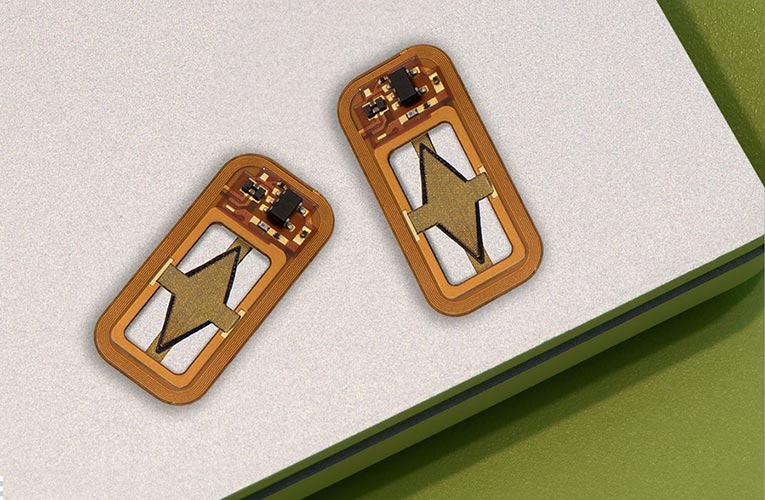
Scientists at the Massachusetts Institute of Technology (MIT) have pioneered an innovative device that could revolutionize the treatment of Type 1 diabetes. This implantable mechanism holds insulin-producing islet cells, alongside a miniature oxygen-generating component, negating the need for regular insulin injections. The ingenuity lies in the device's capability to produce oxygen by separating body water vapor, ensuring the enclosed cells remain viable and continuously produce insulin. Initial tests on diabetic mice have shown promising results, maintaining stable blood glucose levels for extended periods. MIT's Professor Daniel Anderson, a leading contributor to the study, expressed optimism about the device's potential in significantly aiding diabetic patients. The team believes the technology, scalable to the size of a gum stick for human use, might also be repurposed for diseases necessitating the frequent delivery of therapeutic proteins.
Beyond diabetes management, this groundbreaking technology from MIT has the potential to reshape how we treat other chronic illnesses requiring sustained protein delivery. The device, which seamlessly blends living cells with electronics, can be adapted to house cells that produce various therapeutic proteins, thus offering a potential alternative to routine infusions or injections. The interdisciplinary team, encompassing researchers from both MIT and Boston Children's Hospital, are now working on refining the device for larger animal trials, with the ultimate aim of human applications in the foreseeable future.

